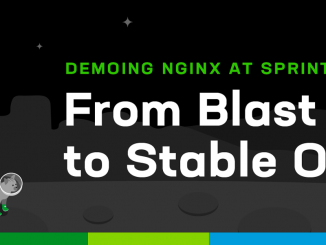
Why Every Company Needs Platform Ops
Why Every Company Needs Platform Ops The buzz around “Platform Ops” seems to be getting ever louder. You might ask, “Why do we need yet another form of ‘Ops’? We have DevOps, NetOps, SecOps, DevSecOps, and even FinOps!” But in fact Platform Ops is actually different from the other “Ops” and increasingly serves as the glue that holds together all the different organizations and use cases required to meet the needs of technology organizations building modern, distributed, and cloud‑native applications. In other words, we think Platform Ops is rather important. What Is Platform Ops? A platform is a collection of technologies used by different engineering teams to perform various functions that all rely on computing power. A web applications team relies on web servers, middleware (like Node.js®), a front end, and load balancers. A team running marketing technology relies on SaaS products [ more… ]

